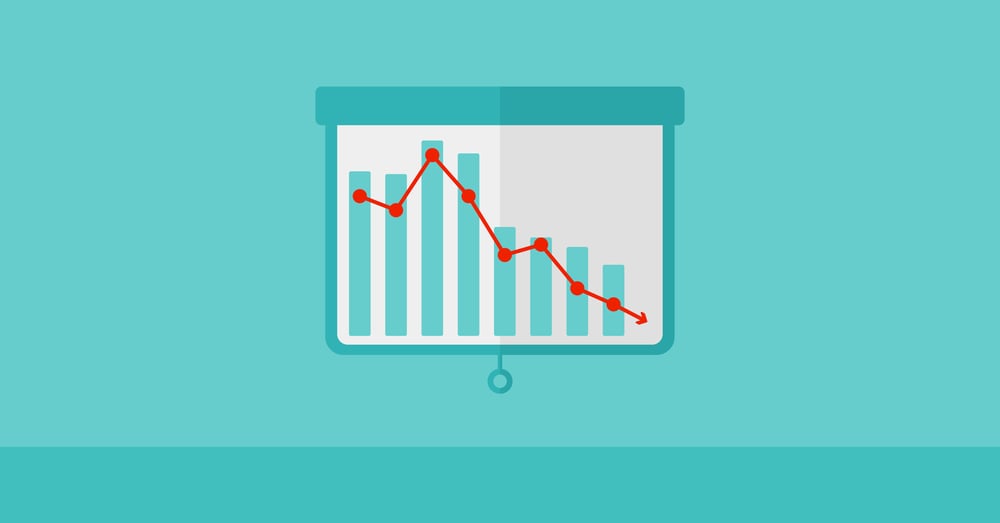Gross lending this year could reach the highest levels in more than a decade, it was revealed during the latest Accord Mortgages Growth Series podcast.

Gross lending this year could reach the highest levels in more than a decade, it was revealed during the latest Accord Mortgages Growth Series podcast.
Rob Thomas, principal researcher at IMLA, and Charles Roe, director of mortgages at UK Finance, shared their reasoning behind making such forecasts and explained how brokers could use a wealth of economic data to add value to conversations with clients.
Part one of the podcast, which is the 57th episode from Accord is out today, and the follow up will be available on Thursday 1 April.
Thomas, who initially forecast £283bn gross lending for the year - the highest since 2007 - revealed it would likely only go higher, due to continuing unprecedented levels of government support stimulating demand in the housing market.
Thomas said: “What we’re forecasting for 2021 is in line with the monthly average of gross lending in 2020, excluding the three months of lockdown in April to June.
“The market has performed well during the pandemic, lenders have done an extraordinary job and demand has been far higher than people expected.
“There was a lot of talk about a house price collapse and we’ve seen exactly the opposite.”
While UK Finance originally forecast lower than IMLA, for similar reasons Roe considers their prediction of £215bn would also be revised up if reforecasting today.
A combination of positive market indicators, including the success of the COVID-19 vaccine rollout have all contributed to this. He also suggests what may be needed from brokers this year.
Roe said: “I think we can expect increased demand from borrowers looking to squeeze in a purchase before the first or second step down in stamp duty.
“However, advisers also need to take into account the end of the furlough scheme and what that means for borrowers, and the ending of the mortgage payment deferral scheme as there will be some customers who may find their mortgage is unaffordable and look to downsize.
“Product transfers are also likely to be a continuing feature for some customers as we’ve seen over the last nine months.
“It will be interesting to see how brokers adapt to the new normal, working remotely, which they’ve done with remarkable resilience in the last year.”
The two-part podcast also explored what the Budget means for the housing market, discussed a potential review of affordability testing.
Looking to what will influence the year ahead, the contributors pointed towards unemployment rates, the closure of large organisations, how the economy recovers post-COVID and how accumulated savings could be spent in the coming months.
Thomas adds: “It’s worth paying attention to inflation because there’s a risk that if we see that money, being spent quickly we could see what I’d describe as a mini-boom in the economy, particularly in some sectors, where you could see some pressure on inflation.
“That’s important for the housing market too as we could see upward movements in interest rates later in the year, which is one argument for borrowers fixing their mortgage.”
Jeremy Duncombe, managing director at Accord who hosted the podcast, said: “The last 12 months have had a monumental impact on the economy and in this latest Growth Series podcast it’s fascinating to hear both Rob and Charles discuss the knock-on effects to the housing market and the reasons behind their differing gross lending forecasts.
“We discussed how this might affect how much and what type of business a broker can expect to write this year, and what advisers can learn from leading economic forecasts to improve their conversations with clients.
“It’s a great topic area with a wealth of knowledge from two of the industry’s leading experts and there’s some really great takeaways for brokers.”



